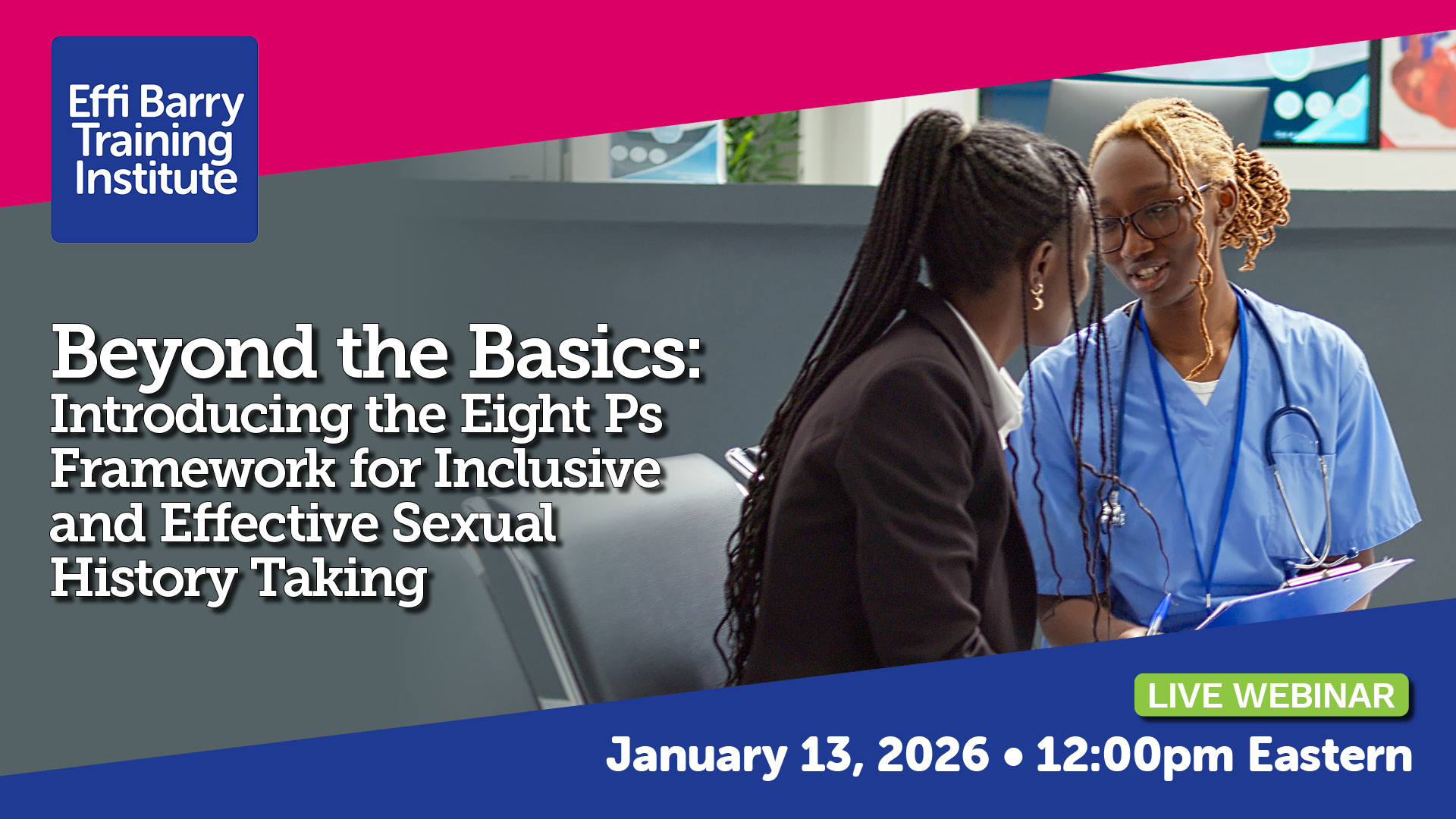
Beyond the Basics: Introducing the Eight Ps Framework for Inclusive and Effective Sexual History Taking
January 19, 2026Traditional sexual history models don’t fully capture today’s realities of mobility, digital connection, and borderless sexual networks. The new Eight Ps Framework builds on prior models by integrating these modern patterns alongside a more person-centered, equity-focused approach to sexual wellbeing.
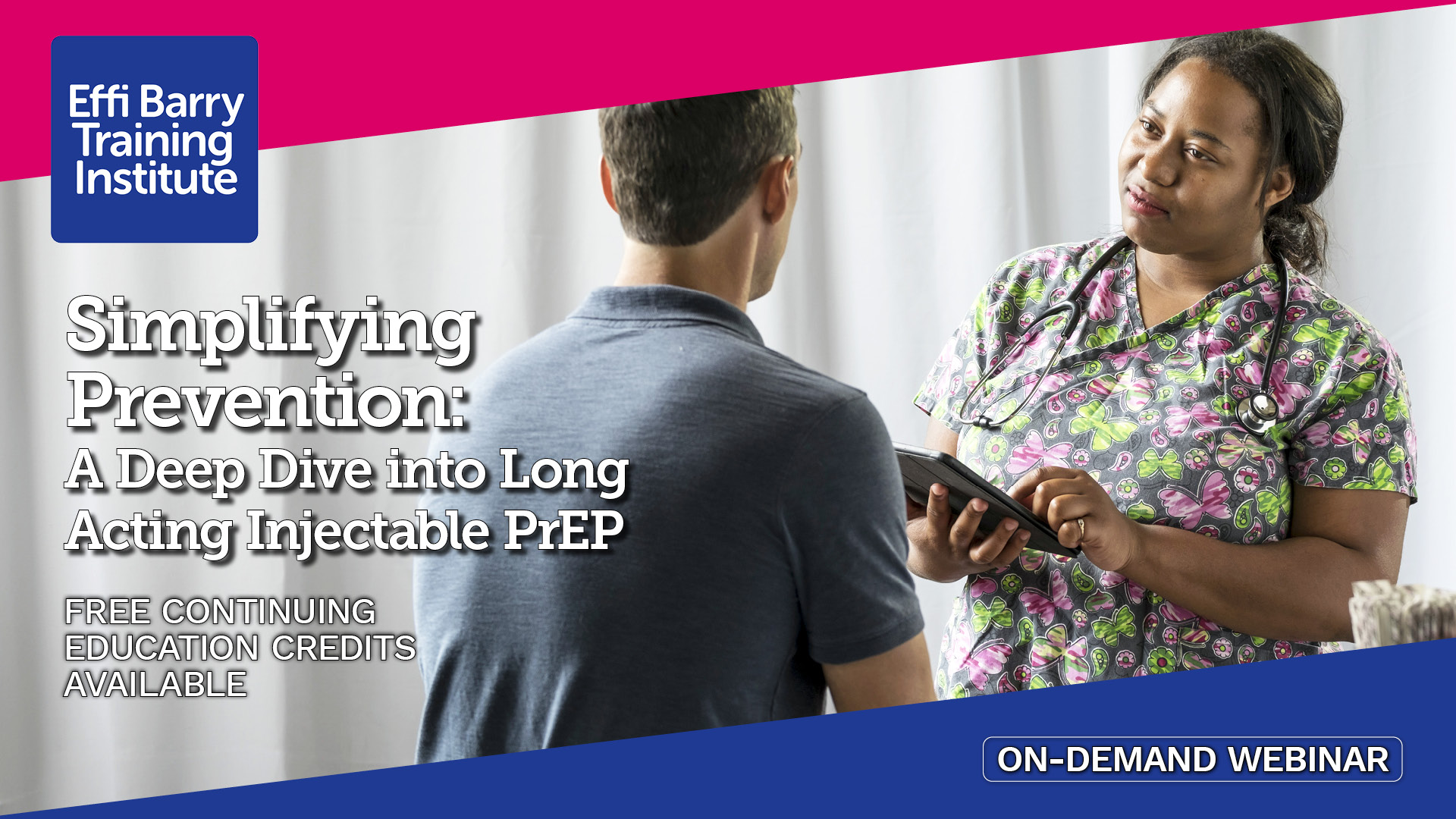
Simplifying Prevention: A Deep Dive into Long Acting Injectable PrEP
January 9, 2026Providing a comprehensive overview of LAI-PrEP, this webinar will focus on identifying eligible populations and comparing the benefits and challenges of using any PrEP option. Participants will learn strategies to promote equitable access, outreach, and uptake, particularly among priority populations.

Thriving in Uncertainty: Strategies for Sustaining HIV Prevention in DC
November 21, 2025To thrive in times of uncertainty, CBOs must strengthen their organizational resilience and proactively position themselves for long-term success. This webinar will provide practical, actionable strategies to help leaders assess their organizations, identify vulnerabilities and opportunities, and chart a path toward sustainability.
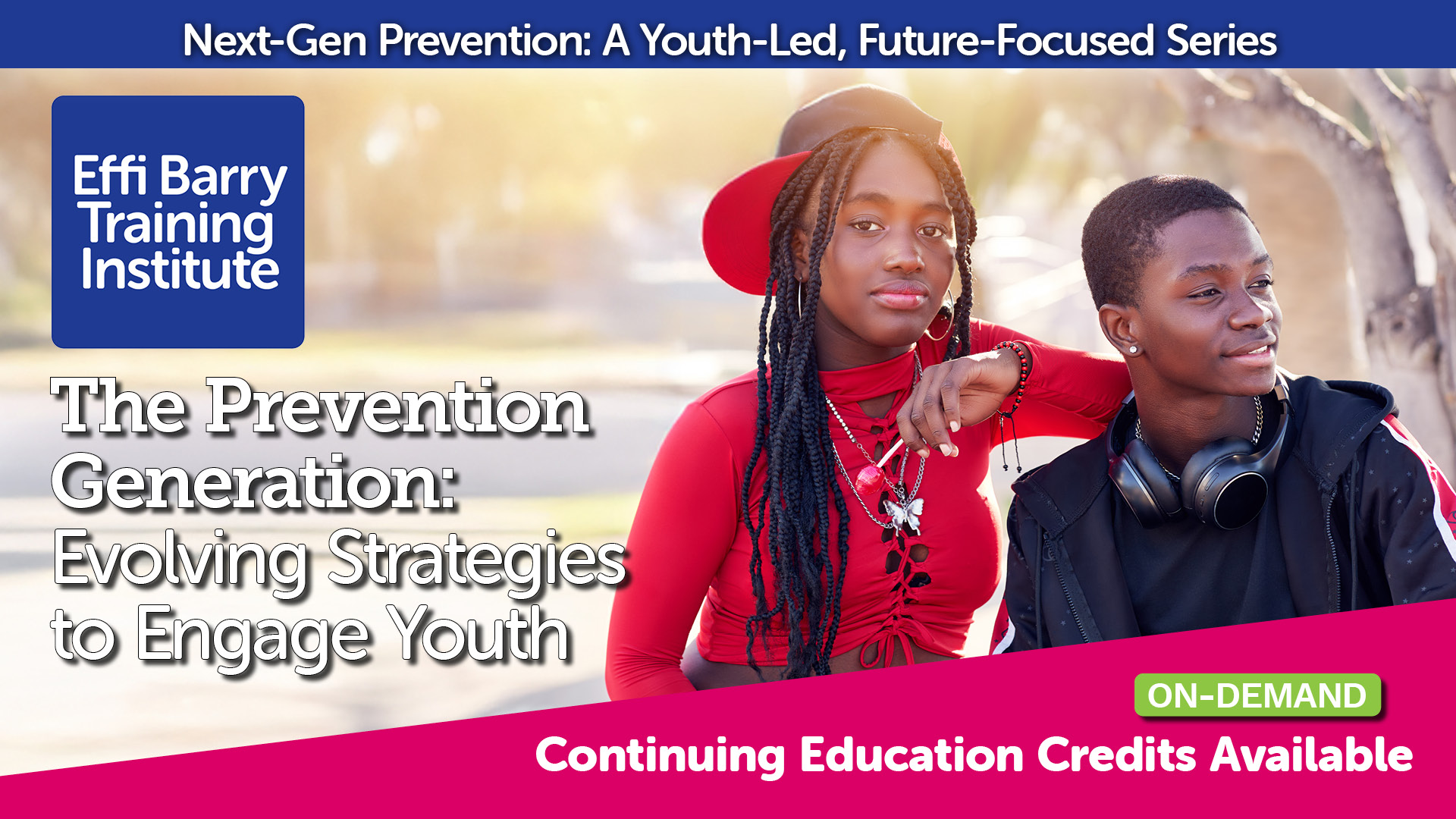
The Prevention Generation: Evolving Strategies to Engage Youth
November 18, 2025The “The Prevention Generation: Evolving Strategies to Engage Youth” webinar is designed to empower professionals to take an active role in engaging youth in HIV prevention. “The Prevention Generation” will discuss innovative and effective engagement strategies, share real-world experiences from youth-focused professionals, and promote actionable steps to help keep the next generation engaged in reducing the spread of HIV.
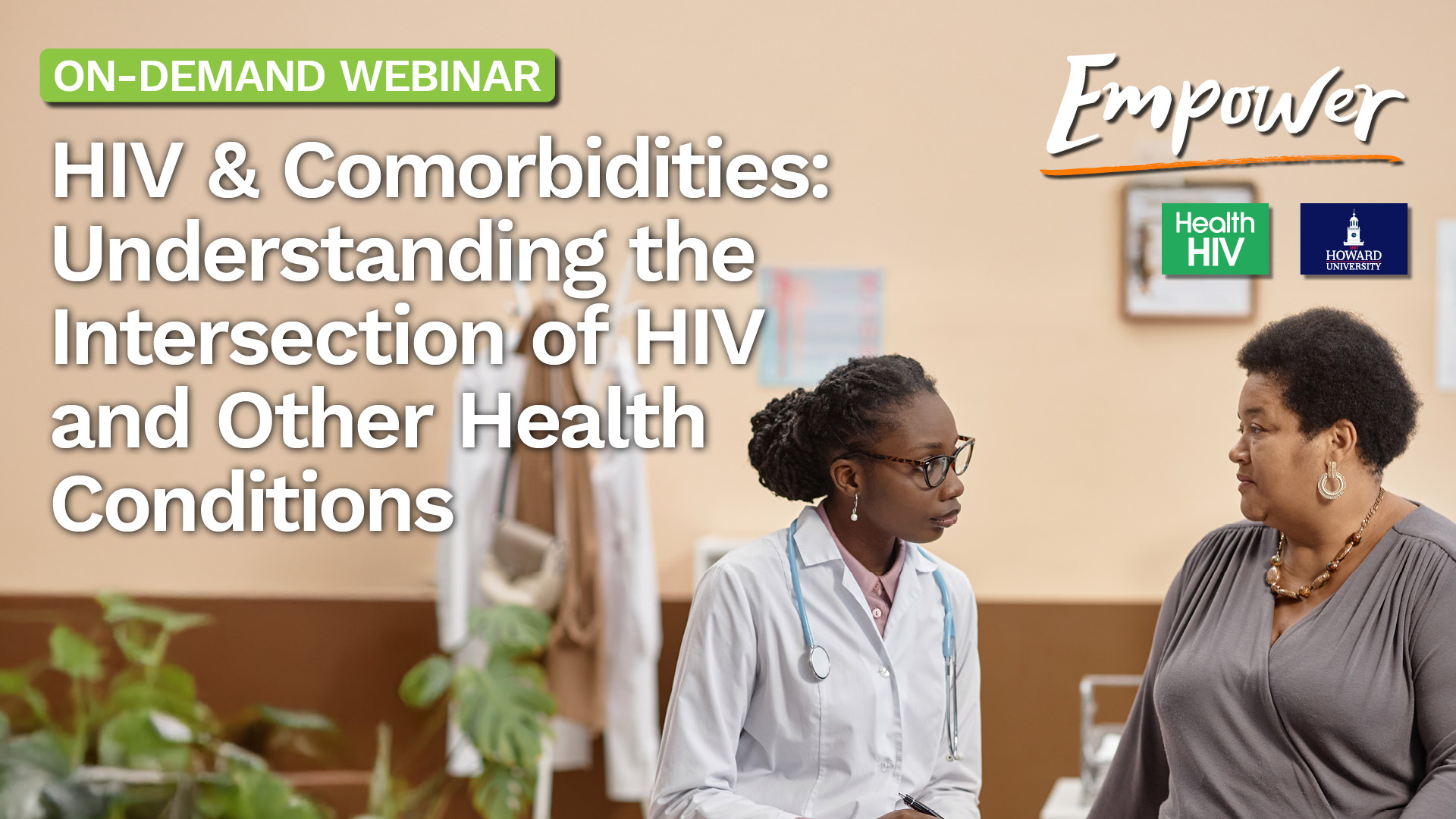
HIV & Comorbidities: Understanding the Intersection of HIV and Other Health Conditions
September 29, 2025This webinar examines the impact of co-morbidities such as diabetes, cardiovascular disease, mental health disorders, and hepatitis on individuals living with HIV. Experts will discuss how these conditions intersect with HIV and influence treatment and health outcomes.
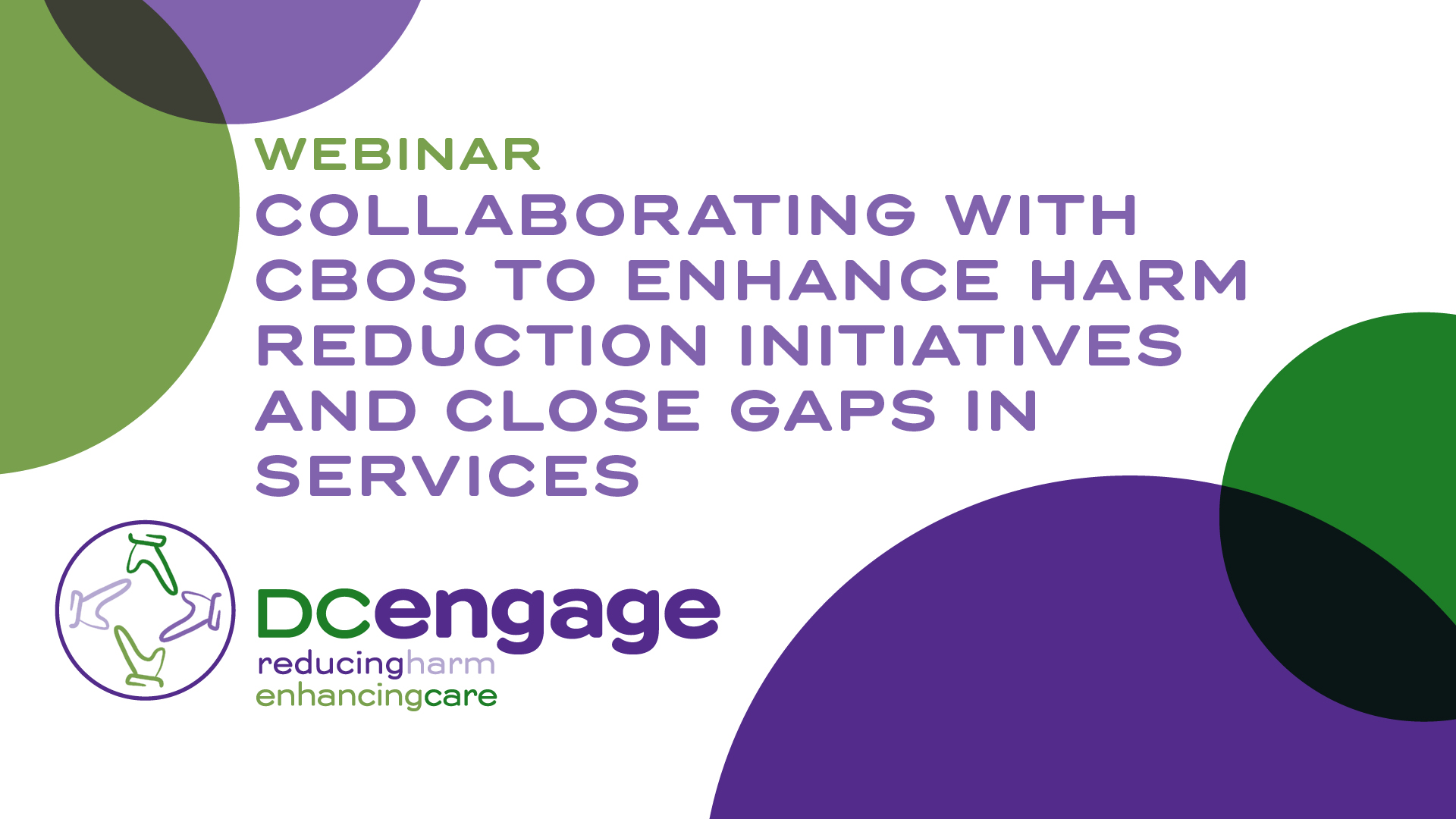
Collaborating with CBOs to Enhance Harm Reduction Initiatives and Close Gaps in Services
May 14, 2025This webinar will explore how community-based organizations can strengthen harm reduction efforts by working together to create a seamless network of support. By identifying service gaps and forming strategic partnerships within their immediate region, CBOs can offer a more comprehensive, wraparound approach to care—ensuring that individuals have continuous access to essential services like overdose prevention, housing support, healthcare navigation, and peer-led interventions.
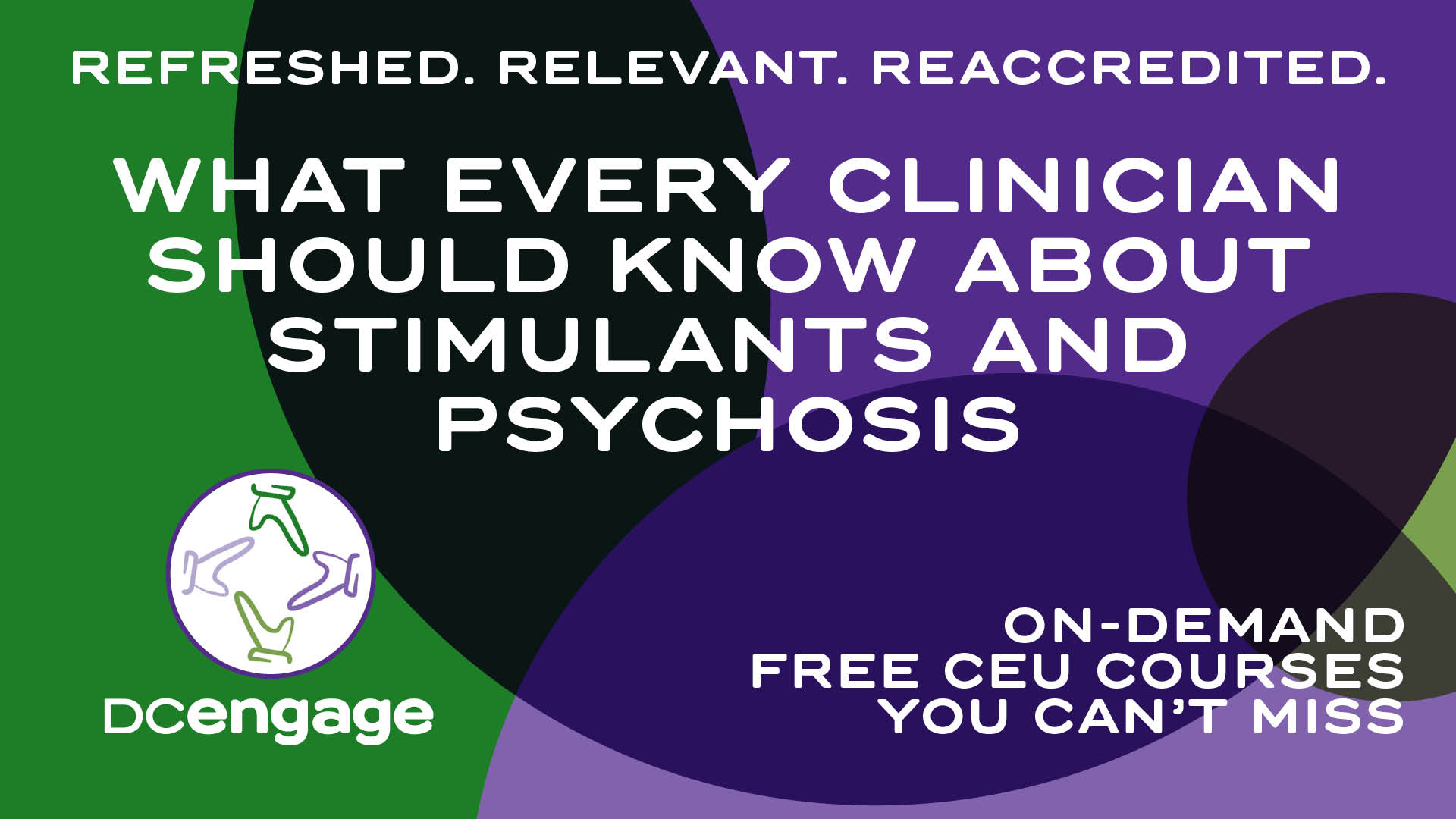
Stimulants and Psychosis: Prescription Stimulant Misuse and Abuse
May 9, 2025This course gives providers the tools necessary to better identify prescription stimulant misuse and abuse and how to address these concerns before they develop into chronic issues.

Stimulants and Psychosis: Etiology, Epidemiology, and Management
This course highlights the prevalence and causes of stimulant-based psychosis, describes how to care for a patient experiencing stimulant-based psychosis, and provides resources for individuals who experience this type of psychosis.
Integrative Harm Reduction Psychotherapy: The Seven Therapeutic Tasks, Skills and Strategies
Integrative Harm Reduction Psychotherapy consists of seven therapeutic tasks: managing the therapeutic alliance, the therapeutic relationship heals, enhancing self-management, assessment as treatment, embracing ambivalence, harm reduction goal setting and personalized planning for positive change.
Cocaine and Methamphetamine Use: Strategies for Addressing Acute Intoxication and Withdrawal
This course discusses the addiction hypothesis behind cocaine and methamphetamine use in order to provide strategies for addressing intoxication and withdrawal.
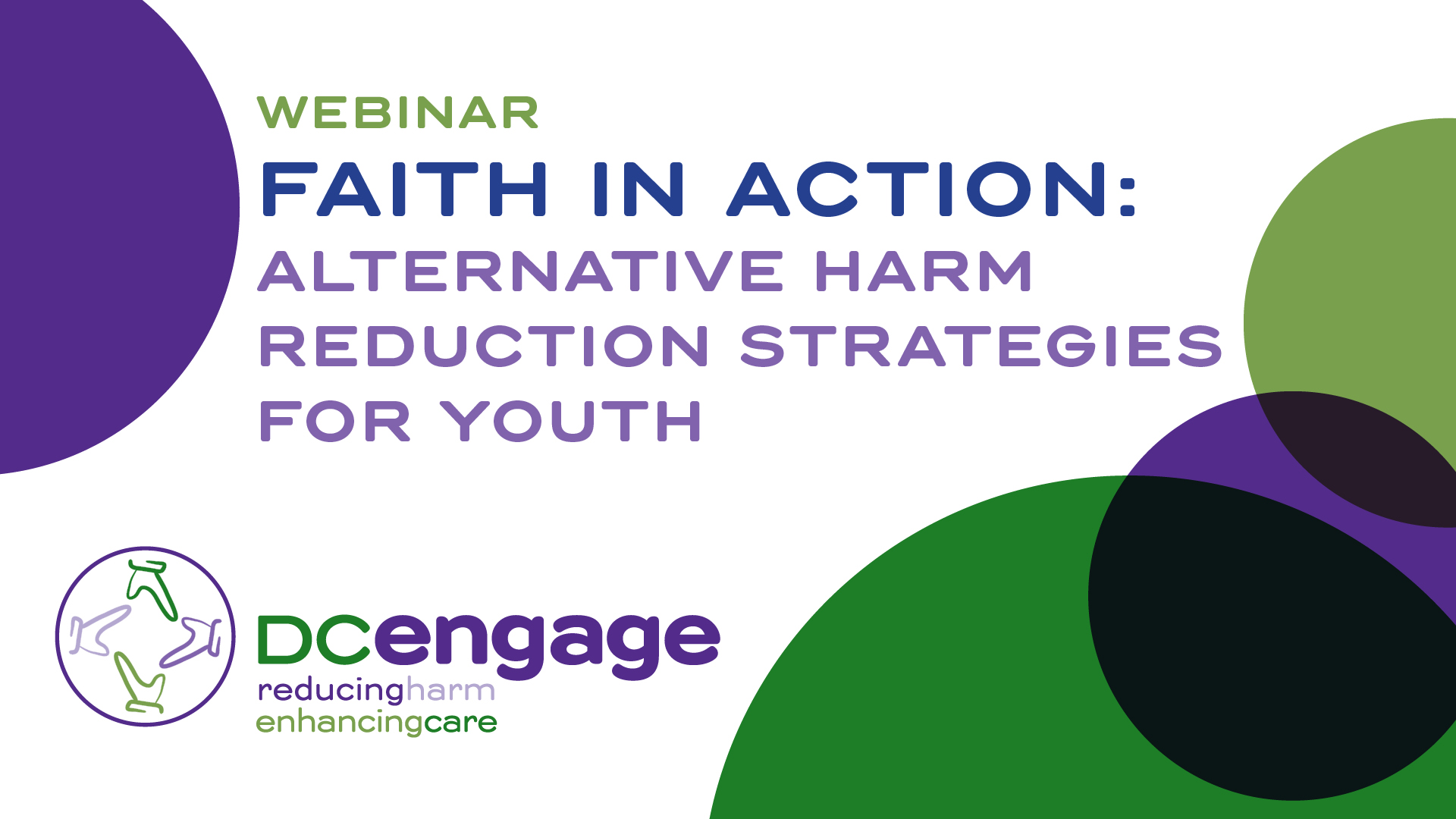
Faith in Action: Alternative Harm Reduction Strategies for Youth
April 29, 2025Join us for an insightful and transformative presentation as we explore the intersection of faith, community support, and youth well-being. In this panel discussion, we will examine alternative harm reduction strategies for addressing substance use, mental health challenges, and risky behaviors among young people in our congregational settings.
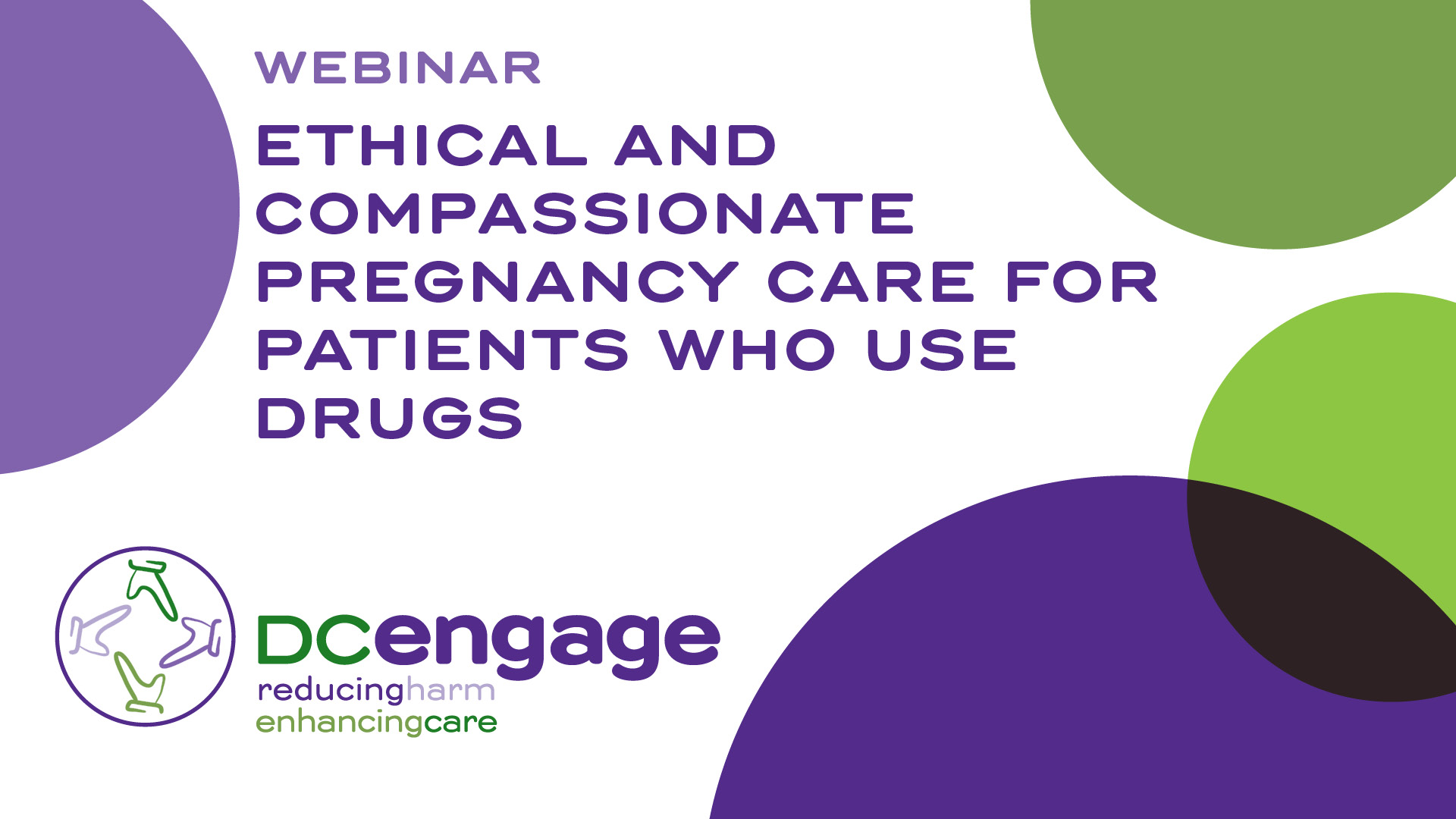
Ethical and Compassionate Pregnancy Care for Patients Who Use Drugs
April 10, 2025This webinar will explore the ethical and compassionate approaches needed to provide effective care during pregnancy for patients who are using drugs. Focusing on both the health of the patient and their baby, faculty will examine the importance of nonjudgmental, evidence-based practices that support harm reduction, informed choice, and autonomy.

